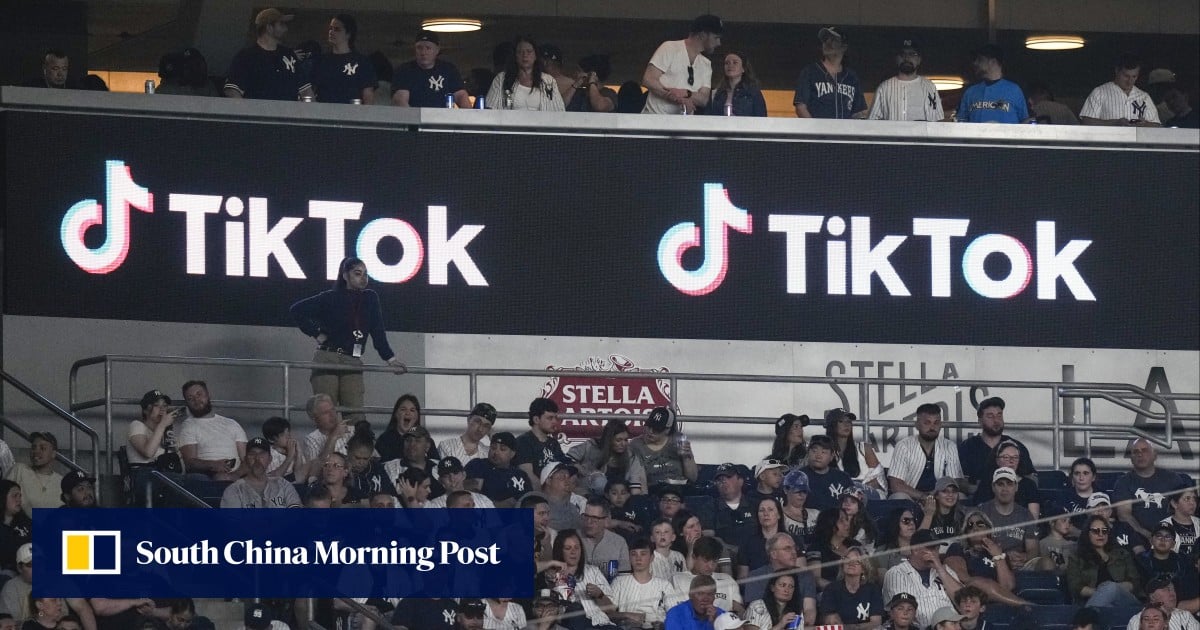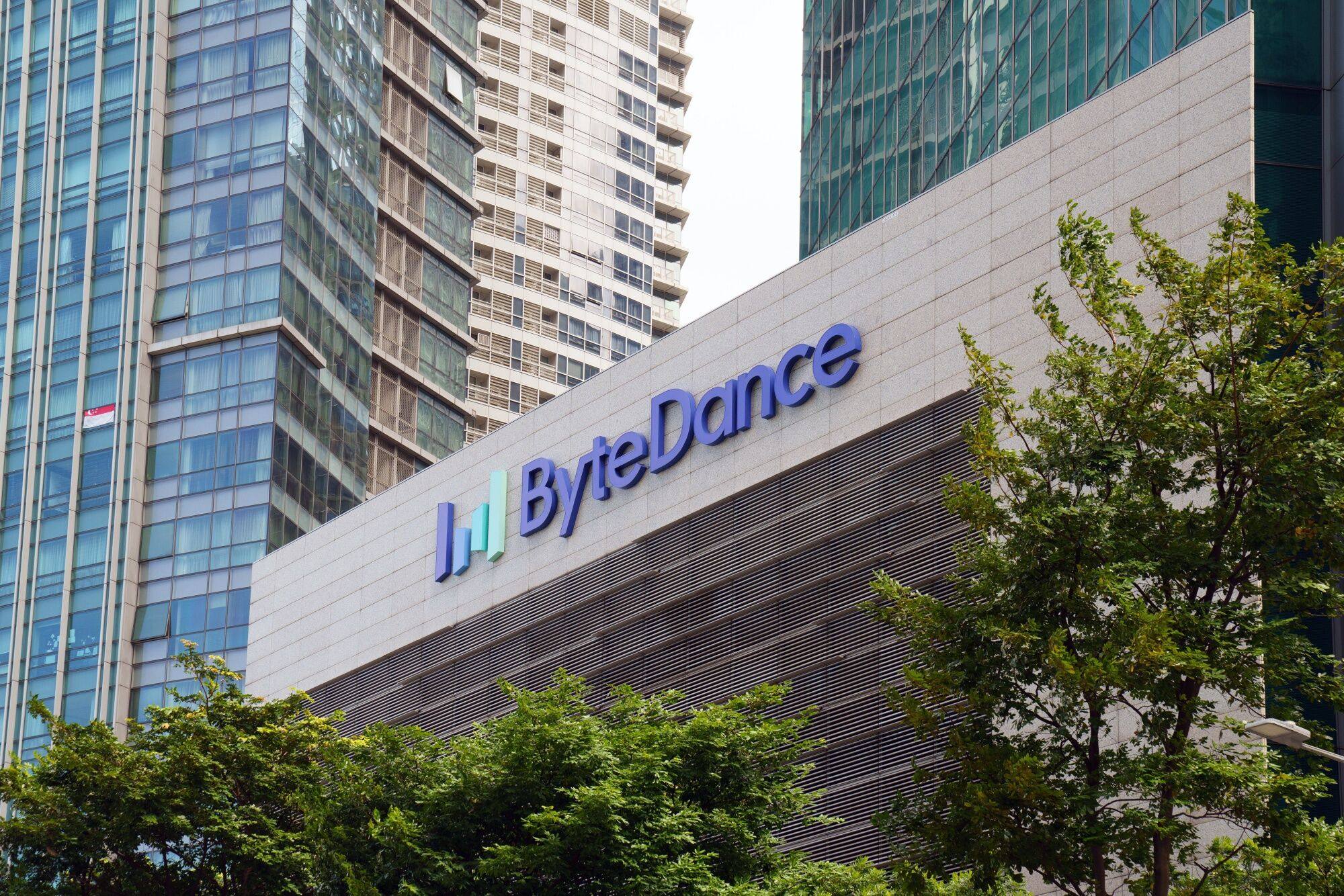
29 Feb Exclusive | AI takes priority at TikTok owner ByteDance, as Sora disrupts the future of video creation
ByteDance is “secretly” working on multiple AI products, including text-to-image and text-to-video technology, according to a report on Wednesday by Chinese media outlet Jiemian.
The team responsible for video-editing app CapCut, managed by Kelly Zhang Nan – former CEO of the Douyin unit, which oversees TikTok’s Chinese version – is also working confidentially on AI products.
ByteDance did not immediately respond to a request for comment on Thursday.
One source close to ByteDance, who requested anonymity to discuss internal matters, said that people who hold major sway at the company, including founder Zhang, now view AI as a battle that ByteDance cannot afford to lose. It is an “all in” mentality, the source said.
ByteDance, China’s highest valued unicorn, is widely seen as a successful case of a business using machine learning algorithms to recommend content to viewers.
Despite its early embrace of AI in content recommendation, ByteDance was relatively late in exploring LLMs. The company launched its chatbots Doubao and Cici AI in the second half of last year, after rivals Baidu and Alibaba Group Holding, owner of the Post, already rolled out their services in March and April.
After OpenAI launched the video generator Sora in mid-February, ByteDance said its in-house video motion control tool Boximator, which is designed to help generate videos, is still in infancy and not ready for public release.
“It still has a big gap with leading video generation models in terms of image quality, fidelity and duration,” the company said.

But ByteDance is quietly trying to catch up.
Founder Zhang, who has maintained a low profile but still exerts major influence over the firm’s strategic direction, last year spent most of his energy on AI, according to the Jiemian report.
The article echoes an earlier report by mainland magazine China Entrepreneur, which said Zhang often reads OpenAI research papers late into the night.
Alex Zhu, co-founder of the short video app Musical.ly that later merged with TikTok, and Zhu Wenjia, tech lead at TikTok, have also adjusted their responsibilities to focus on AI.

Globally, ByteDance is far from the only tech company that is reassessing its AI strategy.
Tech companies in China, big or small, have become increasingly interested in GenAI, according to Vahid Haghzare, founder and managing director of Silicon Valley Associates Recruitment, a headhunting firm specialising in tech jobs in regions including Asia.
“We are getting a lot of requests in the last six to nine months from the whole market,” he said, adding that demand for talent with knowledge in text-to-video generation “has been picking up a lot this year”.
Nvidia’s stellar results show it can thrive amid China decoupling
Nvidia’s stellar results show it can thrive amid China decoupling
Although US companies pay the best among employers worldwide, Haghzare said that China has no lack of AI talent because the government there has made AI part of its national strategy for years.
China included AI in its five-year plan in 2016, and President Xi Jinping in 2018 declared AI “the strategic technology that will lead this round of scientific and technological revolution and industrial transformation”.
